Apparently mimicking their black Democratic counterparts, Florida’s black Republicans are most conspicuous by their silence on critical issues, especially those affecting black people, and by their feeble, all but non-existent, organization.
Such pitiful behavior is particularly abhorrent in light of the fact that Gov. Rick Scott won the 2010 election by 1.2 percent of the vote, due to his black lieutenant-governor running mate Jennifer Carroll and almost 60,000 black Republican votes. The Scott/Carroll ticket won by 61,550 votes. (Carroll’s presence on the ticket won over some Democrats, too.)
With the exception of Carroll and Allen West, the retired black Army lieutenant-colonel who went way right into the tea party’s arms and swept to Congress in 2010, what other Florida black Republican voices have been heard in the state and elsewhere? In the 2012 election, West lost his congressional seat and, by March 2013, Carroll had been maneuvered out of Tallahassee: She was ordered to resign.
Many pundits agree that had Carroll remained as lieutenant governor – the first African-American woman to serve in that role in Florida – the 2014 Republican primary for governor would be all but over and Scott would be defeated on Aug. 26. With that momentum, hindsight theory propounds, Carroll beats whoever [Charlie Crist] in the November general election.
Too bad for Carroll; she was alone. Where were the nearly 60,000 black Republican voices and bodies? They mostly ran for cover. Accusations against Carroll were sufficient to have her removed as real competition for Scott’s reelection bid. The day she stepped into office as lieutenant governor, she was marked for ouster.
Again with so much money to spend, but without Carroll, Scott is struggling against a political ditch-and-switch Charlie Crist, as both have to survive Aug. 26 primary challengers on their way to the November showdown. Black Republicans are a non-fit for Scott campaign people and, consequently, are like trying to find a needle in a haystack.
It appears as though Florida Republicans running for office are avoiding black people like a plague, including Attorney General Pam Bondi, Chief Financial Officer Jeff Atwater and Agriculture Commissioner Adam Putnam, all of whom are also running for reelection. Black Republicans are allowing the party to discriminate against them.
While Republican Party National Chairman Reince Priebus promotes inclusion from Washington, D. C., Florida, the electoral bellwether state, paves a path in the opposite direction with apparent widespread black exclusion. What does Priebus think he can really do in 50 states with just the $12 million his party says it will spend to woo black votes across the country? Besides, far right neo-white nationalism has taken over most of the Republican Party’s solid South and has spread through large stretches of the Midwest.
Of great significance, too, is the Marco Rubio factor. The U. S. senator rode to victory in the 2010 election, thanks to the tea party and other conservative elements and a huge assist from then Congressman Kendrick Meek, the black Democrat who garnered 20.2 percent of the votes. Rubio got 48.9 percent and Crist, running then as an independent after quitting the GOP, got 29.7 percent.
Although from different political parties, Rubio and Meek are old friends from Miami and the Legislature. Rubio needed to keep Meek in the campaign to siphon off black votes from Crist. Had Meek quit the race, as former President Bill Clinton begged him to do, Meek’s 20.2 and Crist’s 29.7 would have equaled 49.9 percent of the vote. Crist could have won the U. S. Senate race by one percentage point.
So Rubio became a U. S. senator by not campaigning for a single black vote. Timid black Republicans never called him out then and, to this day, Rubio completely ignores not only black Republicans but also black people, in toto.
Black Republican so-called leaders need to call Rubio out. A venue must quickly be provided where the senator, who is supposed to represent all the people of Florida, finally addresses the concerns of black Floridians, irrespective of their political bent. To not do so, Florida’s black Republicans will remain political non-factors.
Al Calloway is a longtime journalist who began his career with the Atlanta Inquirer during the early 1960s civil rights struggle. He is writing a book of essays. He may be reached at Al_Calloway@verizon.net

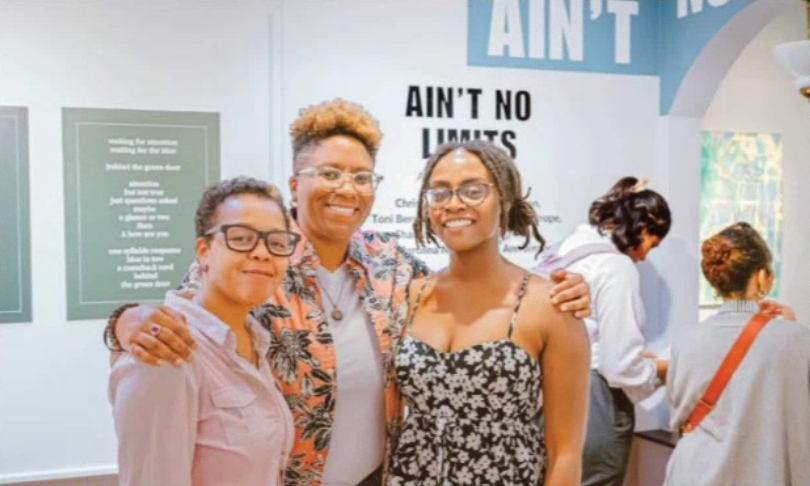
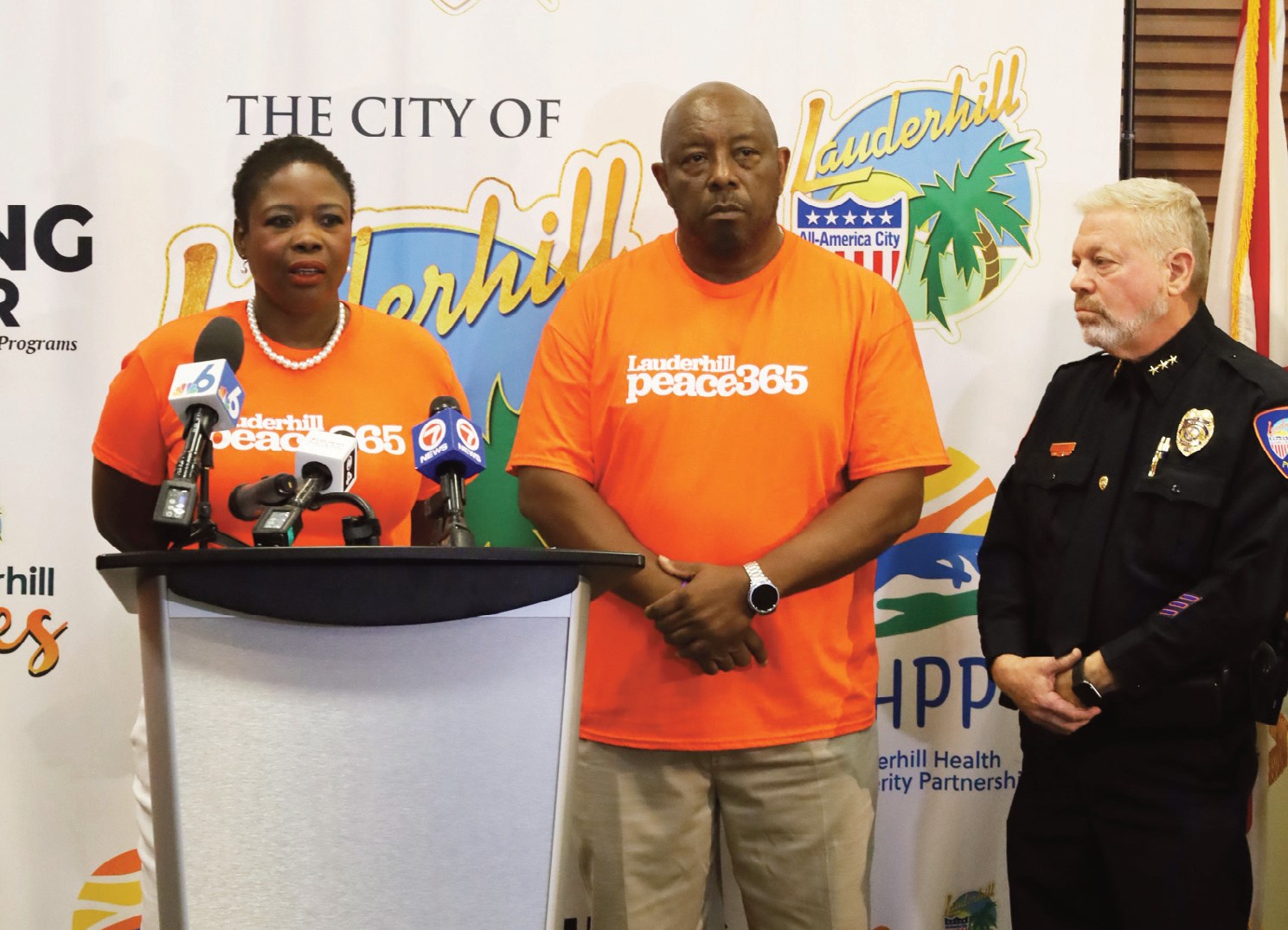
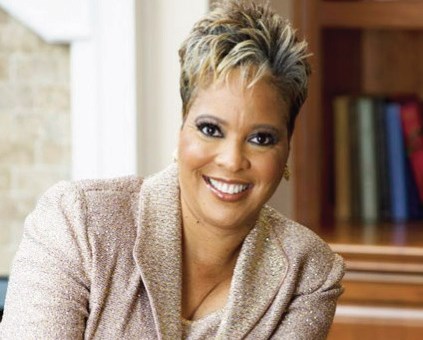
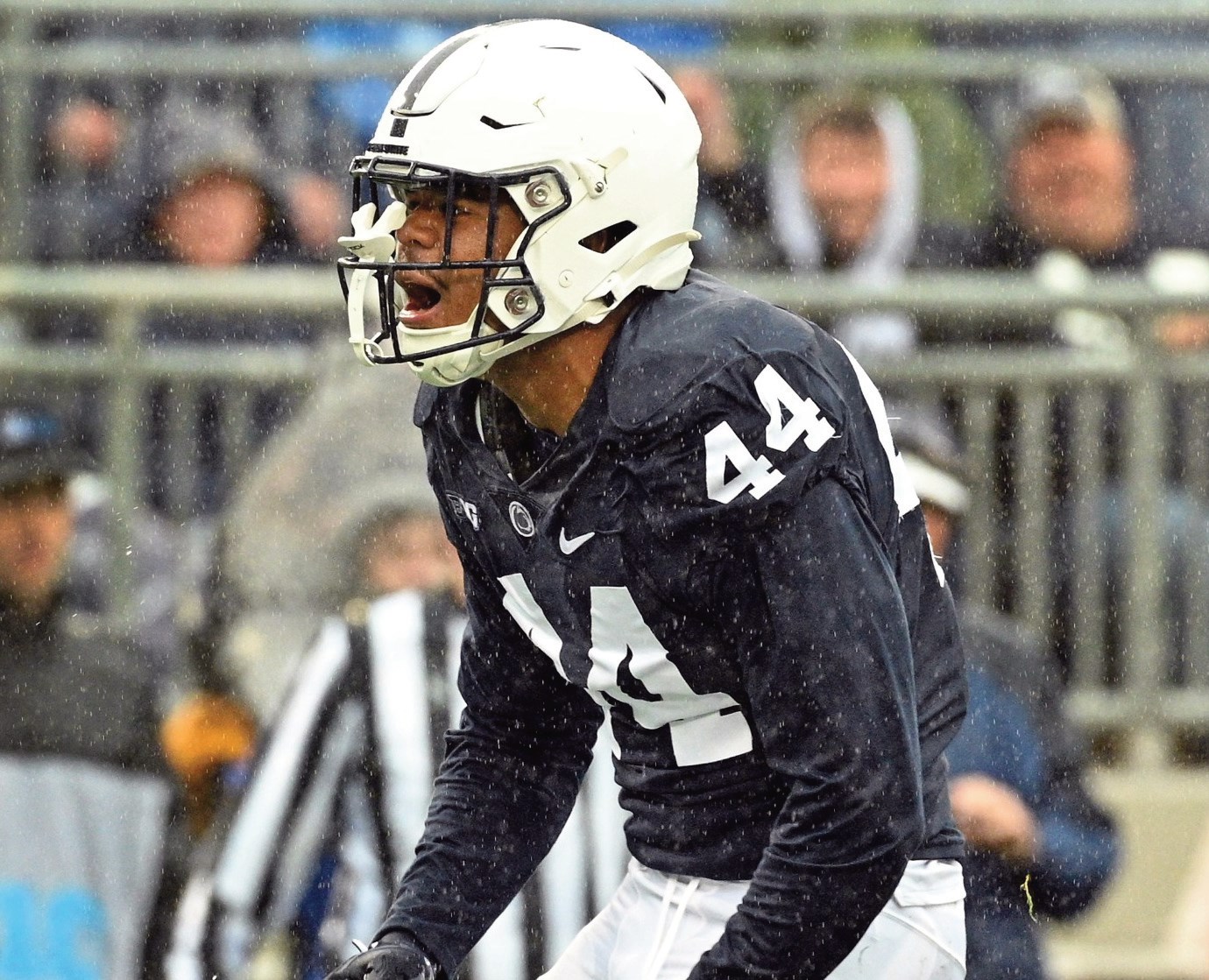



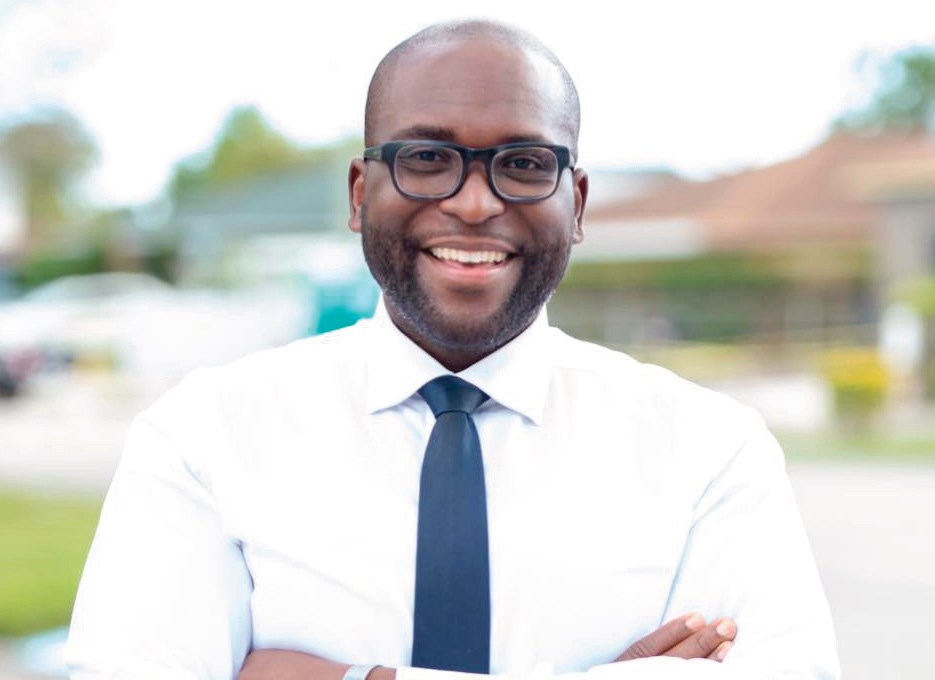

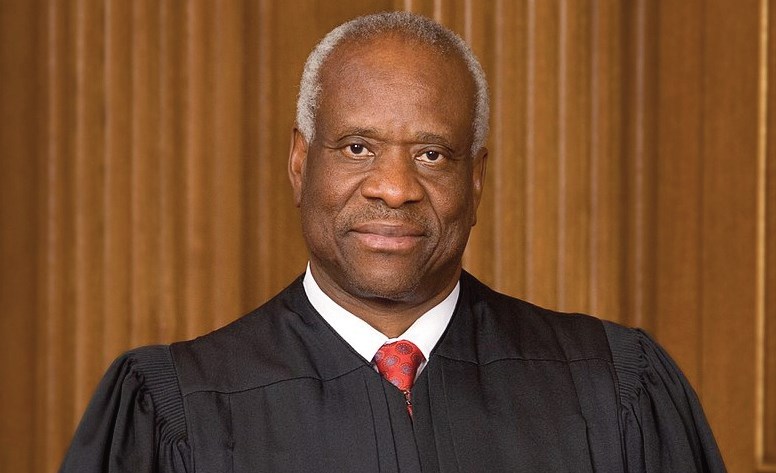
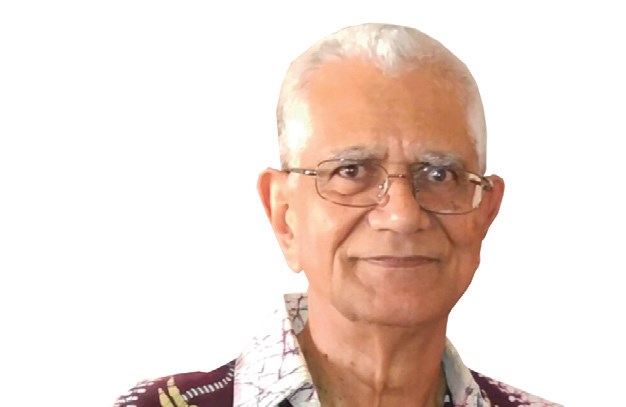
No Comment